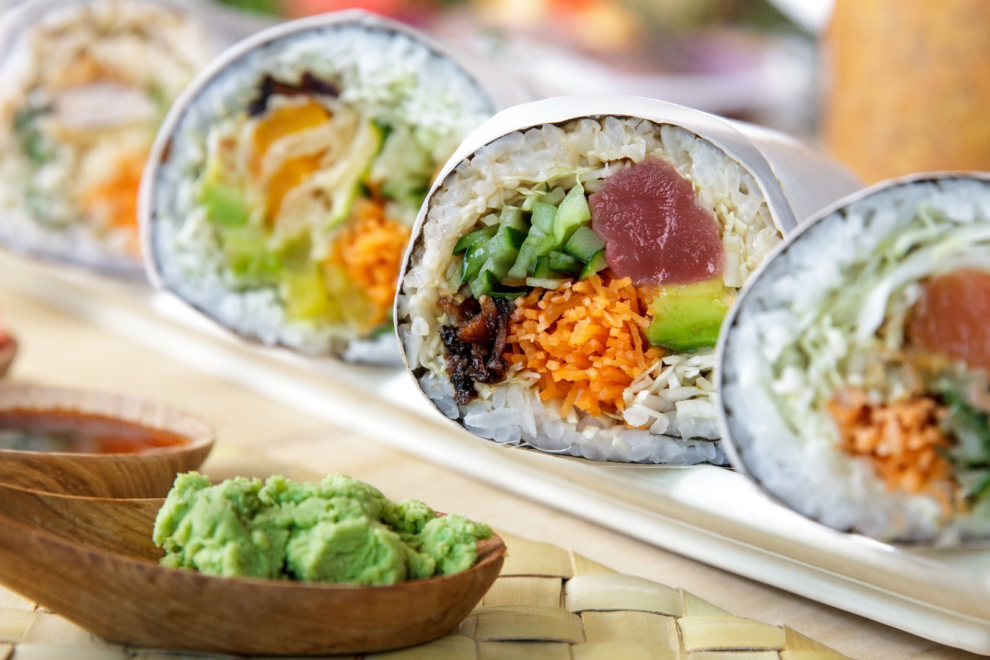Sushi lovers, listen up.
New research has found that wasabi is much more than a condiment with a kick. It’s active ingredient, 6-MSITC, is now not only a known antioxidant and anti-inflammatory, but also has been linked to improved short- and long-term memory. The study, published recently in the journal Nutrients by researchers at Tohoku University, split 72 healthy volunteers between the ages of 60 and 80 into two groups. One received 100 milligrams of wasabi extract and the other got a placebo pill with zero wasabi.
After three months of daily use, this is what was found:
Wasabi’s newly discovered benefit
After a few short months, those given 100 milligrams of wasabi daily were tested on language skills, concentration and ability to carry out simple tasks. All were showing boosts in memory, both short- and long-term.
“We knew from earlier animal studies that wasabi conferred health benefits,” lead researcher Rui Nouchi, an associate professor at Tohoku University’s Institute of Development, Aging and Cancer, told CBS News.
“What really surprised us was the dramatic change. The improvement was really substantial,” Nouchi shared.
Episodic memory – the ability to learn, store, and retrieve information – increased by an average of 18% in the wasabi subjects, who also scored on average 14% higher overall than those given the placebo pill.
6-MSITC, again, known for its anti-inflammatory benefits, seems to reduce inflammation in the area of the brain responsible for memory – the hippocampus.
Wasabi could be breakthrough for dementia patients
Nouchi pursued his research because of his work around dementia prevention, CBS News reported. The recommended methods to improve brain health, such as certain diets and exercise, seem too involved for seniors to follow, Nouchi believes. Adding a daily supplement would be easier for at-risk seniors to stick with and offer more benefits than other spices used similarly, such as ginger and turmeric, he believes. The Tohoku team will be testing wasabi on younger groups in preparation for testing on dementia patients.
Pure wasabi is hard to find
The pure plant, Wasabia japonica, is native to Japan and is not overabundant. What you encounter at your local sushi restaurant is likely horseradish dyed green, and up to 99% of wasabi sold in the U.S. could be fake, according to the Washington Post. Since wasabi is a member of the same Brassica family as horseradish and mustard, horseradish powder can easily be used as a substitute and go undetected, Mashed reports.
Past research shows wasabi could have several other health benefits, including:
- High levels of vitamin C for immune system support
- Anti-inflammatory properties, as previously stated
- Antibacterial effects, as previously stated
- Protection against neurodegenerative disorders
- Support for heart health
- Help with weight loss
- Support for gut health
- A boost in bone health
- Help with sleep and fatigue
- Anticancer attributes
Note: Wasabi maker Kinjirushi Co. funded the study but had no role in the study itself, the research team said.
Source: USA Today










